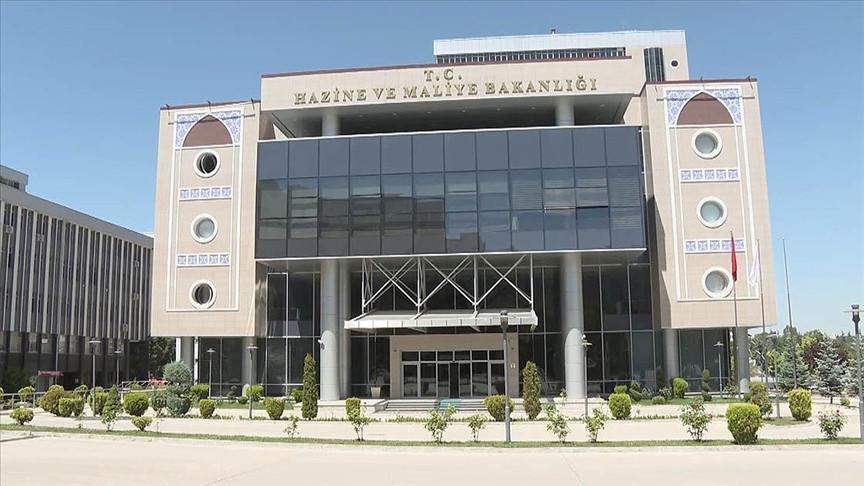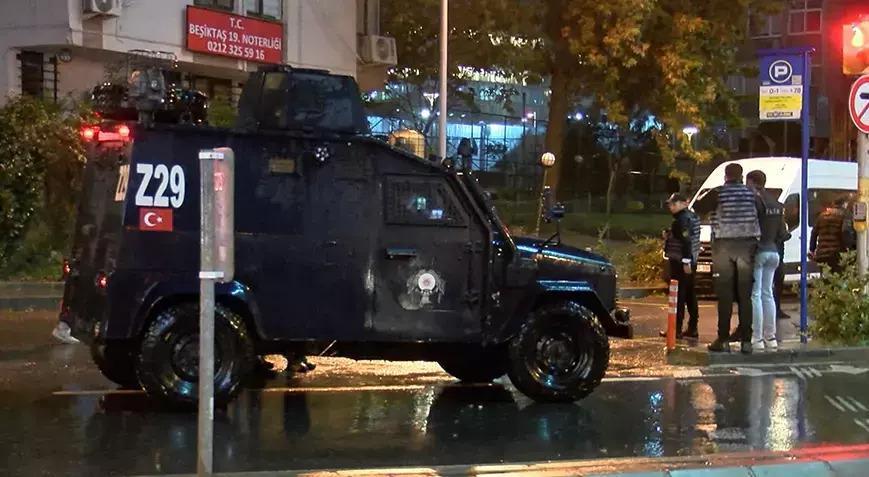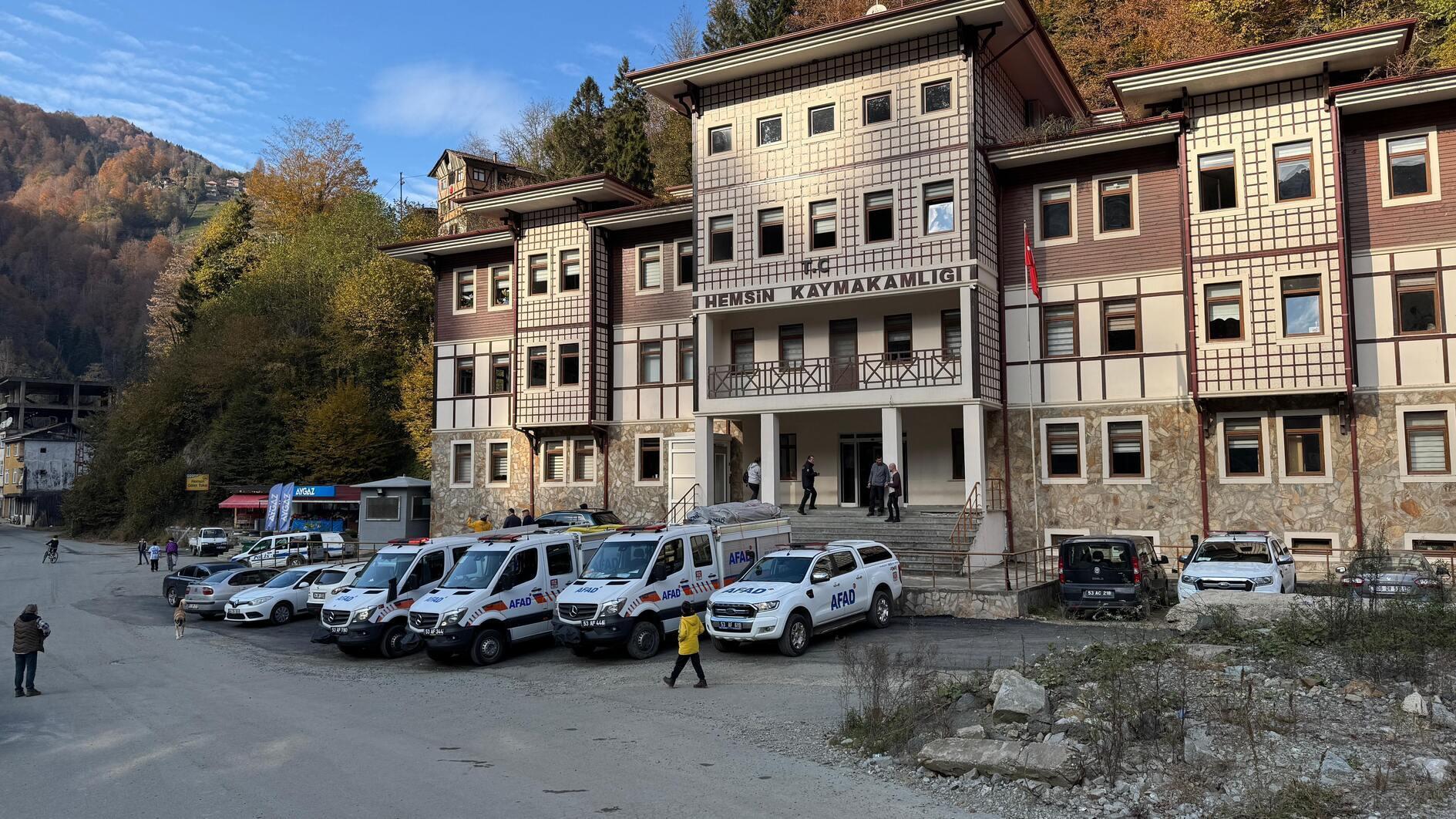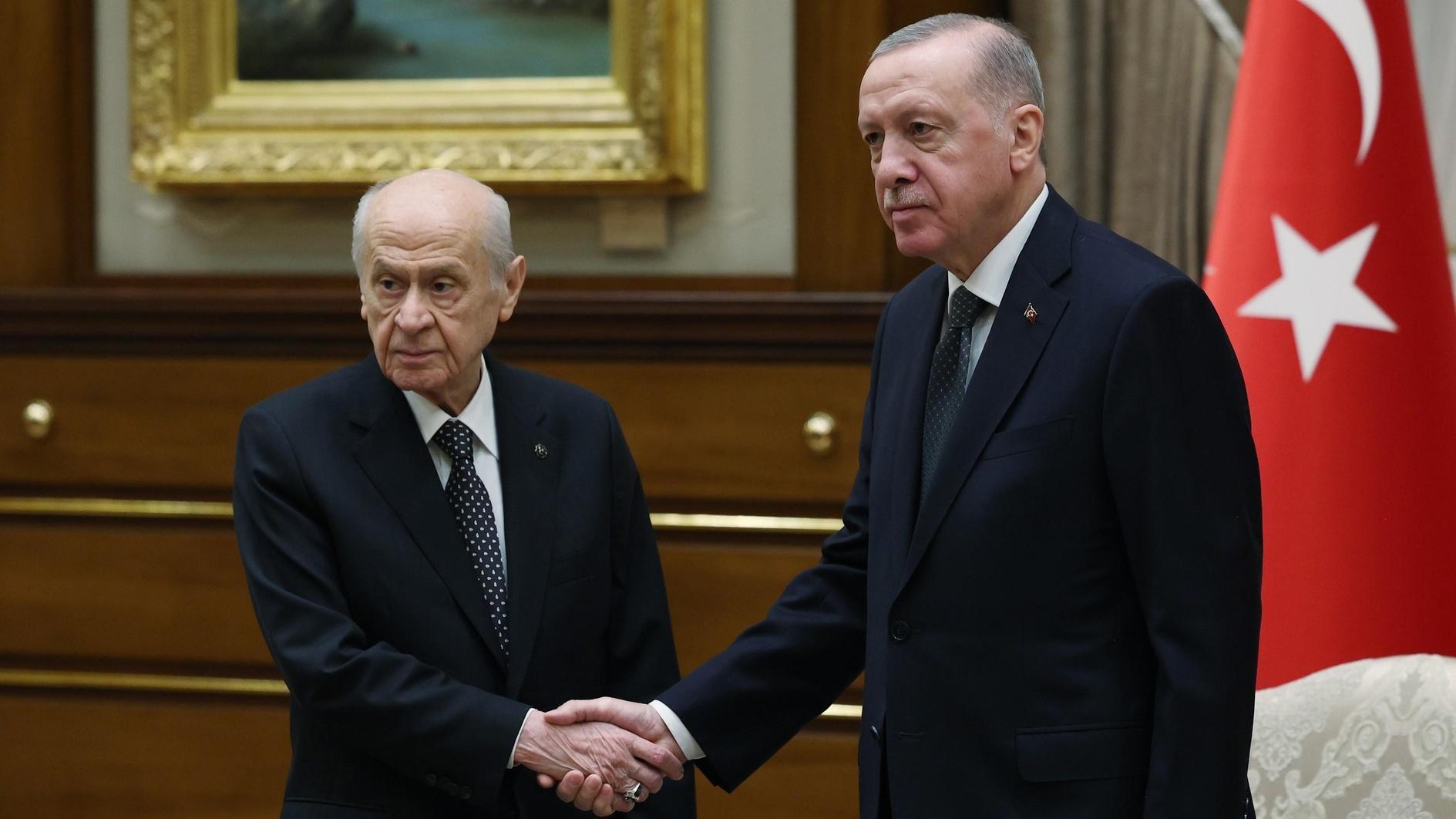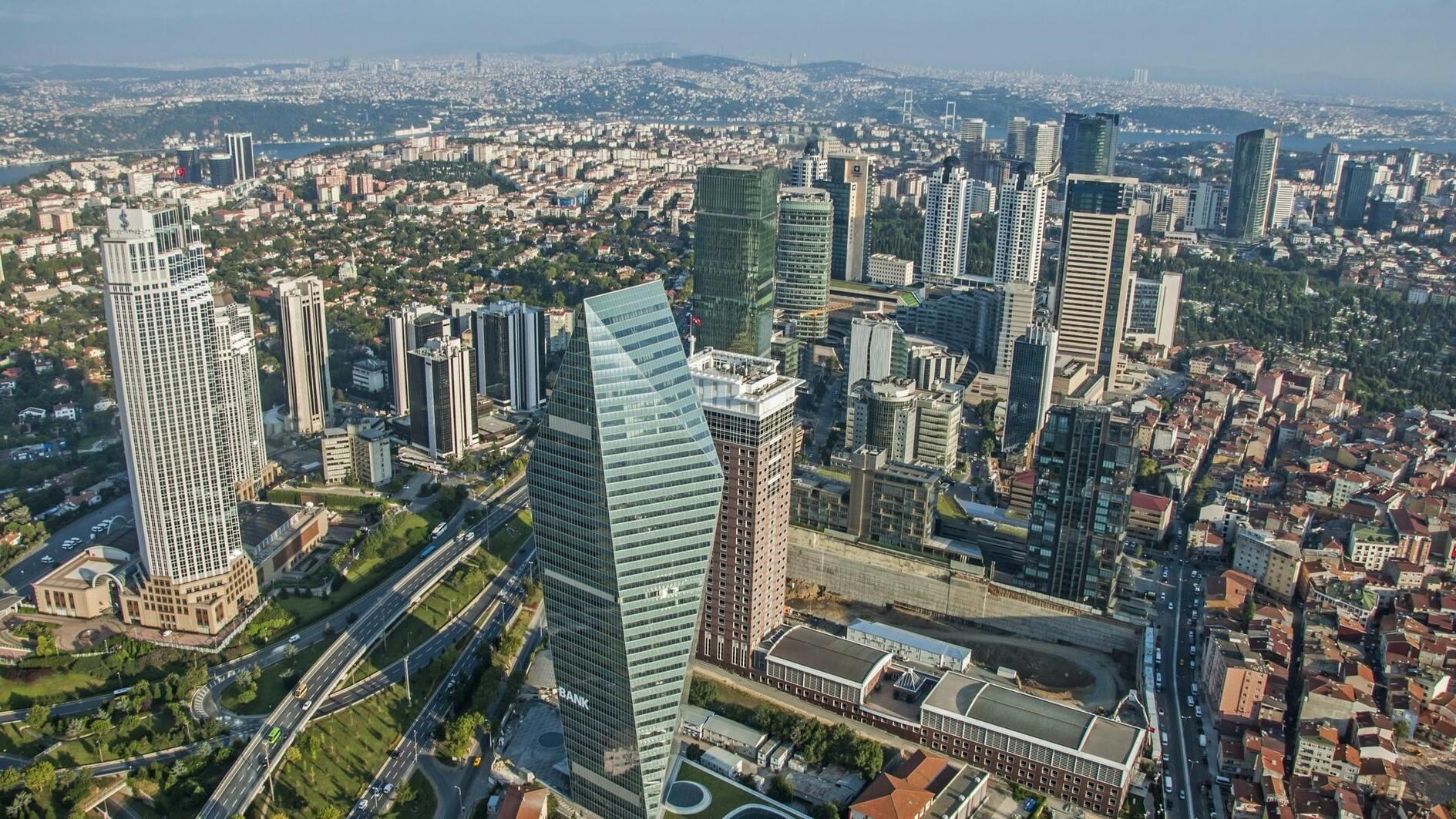Dragging Turkey to the edges
On a sunny Sunday Feb. 16, tens of thousands of people took to Bağdat Caddesi on the Anatolian side of Istanbul in support of Turkey’s most popular football club, Fenerbahçe, and its chairman Aziz Yıldırım.
Bağdat Caddesi, or Baghdad Street, takes its name from the times of the Ottoman Empire, when Sultans decided whether to start a campaign in the East or the South and that street was the meeting point of the armies.
Nowadays, Bağdat Caddesi is not only a bastion for Fenerbahçe supporters, but the club headquarters and the official Şükrü Saraçoğlu Stadium are all in the same Kadıköy district.
The reason why fan clubs from across the country arrived in Istanbul for this rally is because Yıldırım is about to go to prison on match fixing charges. Supporters believe this was a trap laid by Prime Minister Tayyip Erdoğan’s Justice and Development Party (AK Parti) and Gülenist prosecutors and judges.
Fethullah Gülen, the U.S.-resident Islamist scholar, are at odds nowadays since the graft probe of Dec. 17, but the Yıldırım case goes two years back, when Gülen was Erdoğan’s closest ally.
It’s a pity for Erdoğan that he is also a supporter of Fenerbahçe, because within a short time, the rally turned into a protest against him and his government. Moreover, the rally was planned to end at Saraçoğlu Stadium, where Fenerbahçe was set to play a match against Kasımpaşa, another district of Istanbul where Erdoğan had grown up.
It had been anticipated anyway, not only because Fenerbahçe fans are angry with Erdoğan and because of the political stance of Kadıköy (the municipality belongs to main opposition Republican People’s Party, CHP), but because days ago it was announced that the parents of Ali İsmail Korkmaz would join the rally. The 19-year-old Fenerbahçe fan had been beaten, resulting in a brain hemorrhage, during the Gezi protest mid-2013, and died in hospital.
As Bağdat Street crowds were chanting slogans against Erdoğan, other crowds were chanting slogans praising him in other quarters of Istanbul, where he was laying the ground for a hospital compound. His target was the Gülenists, whom he was accusing of forming an illegal structure within the judiciary and the government over the years.
The reason why Erdoğan is escalating the campaign against Gülen is because he is trying to cleanse the latter's sympathizers from the judiciary as soon as President Abdullah Gül approves a controversial bill voted in Parliament over the weekend, after a fist-fight session with opposition MPs.
The bill aims for more political control over the Higher Board of Judges and Prosecutors (HSYK). Actually, Gül had raised questions about it before Erdoğan shelved the initial draft after meeting with top European Union officials in Brussels late January.
The opposition is furious because of the HSYK law. Kemal Kılıçdaroğlu, the CHP leader (and another supporter of Fenerbahçe) warned the judges yesterday in İzmit, east of Istanbul, that if they made the rulings not in accordance with laws and their own conscience, but according to government’s needs, they would have to answer a lot of questions under another government.
Now Gül, who also has to decide on whether to approve the controversial Internet bill, has an additional headache with the HSYK bill. Another tough week is ahead of Turkey.



